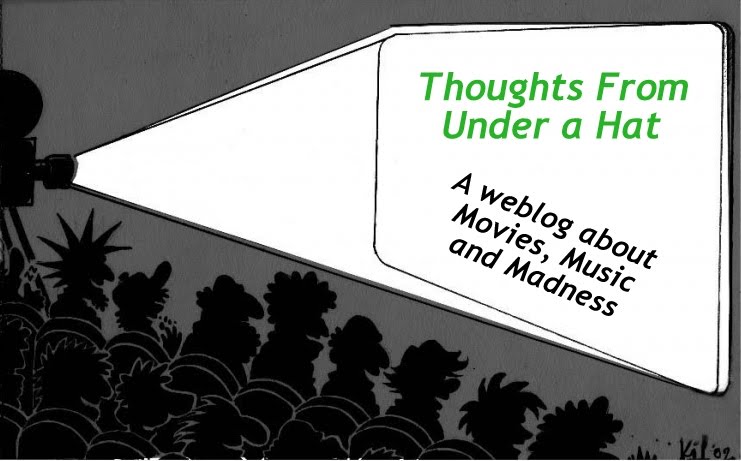Todd Haynes’ movies might just be the most polarizing that are made today. Cinephiles can mostly agree if a director is good or not in a general sense, but Haynes can split even the most agreeable of filmnerds. And it’s not even that some like his work and others don’t: even within his oeuvre some movies are completely burned down while others are absolutely raved over. Empire Magazine, for example, gave 2 of his films an extremely low rating of 1 star, but the other three 4 or 5 stars. And while I’m Not There is my favorite film ever, somebody I showed it to called it one of the worst films he had ever seen.
Let’s backtrack for a moment. Todd Haynes was born in 1961 in California and is openly gay. This was an important theme in his first movies (especially Poison), which quickly got him coupled to the New Queer Cinema. This style is dominated by gay directors and often addresses homosexuality (for another example: Gus van Sandt). And while being gay (and a general sense of outsiderness) has continued to be important in his movies, he quickly showed himself capable of rise above the movement and won an Oscar with Far From Heaven, a movie about a broken (hetereosexual!) marriage in the fifties.
He also looks a bit like Bill Gates
He is also a very literate filmmaker: all of his movies are based on the works of poets, writers and musicians (especially those with good lyrics). But instead of just adapting their stories to the screen, Haynes tries to capture the essence of their work and person in his movies.
This works particularly well in his music films. He has made films on Karen Carpenter (Superstar: The Karen Carpenter Story), David Bowie (Velvet Goldmine) and Bob Dylan (I’m Not There). What makes these artists especially interesting is their image. Carpenter was presented as a wholesome, all-American singer, but struggled with anorexia behind the scenes and in the end even died from it. David Bowie is renowned for his constantly changing personae. Goldmine might in fact not even be about Bowie himself, but about his early seventies alter ego Ziggy Stardust. And no less then six different actors in I’m Not There play Bob Dylan, to signify his ever-changing personality and music.
Most films about music are either straight documentaries or concert registrations. But what Haynes does is so radically different it’s hardly surprising it often bewilders people. Instead of starting out from the facts about an artist, he seems to start from their ideas. Instead of showing us their lives from moment to moment, we are presented with the image of the artist and how the artist relates himself to this. Instead of showing us the times, he makes us feel the Zeitgeist in which he operated. He often blatantly ignores what really happened to give us an impression of what it would have been like back then. Not in the way an outsider would have witnessed it, but for the people who were living the music. His movies are more like visual poems then anything else.
I cannot guarantee you will like his movies, but you will definitely have an opinion on them. And I can guarantee that you have never seen anything like this before.
I cannot guarantee you will like his movies, but you will definitely have an opinion on them. And I can guarantee that you have never seen anything like this before.
Alias
P.S. I noticed that I always talk about weird movies that I just so happened to encounter, but I write for a public of course. So my question to you is this: are there any movies, or filmmakers, or anything movie-related that you would like me to talk about? Leave a comment. I am going on hiatus after this week until late august, so if you assign me anything I will probably have figured it out by then.
P.S. I noticed that I always talk about weird movies that I just so happened to encounter, but I write for a public of course. So my question to you is this: are there any movies, or filmmakers, or anything movie-related that you would like me to talk about? Leave a comment. I am going on hiatus after this week until late august, so if you assign me anything I will probably have figured it out by then.
This is a song I have been listening to way to much the last couple of weeks, and it kind of fitted.
